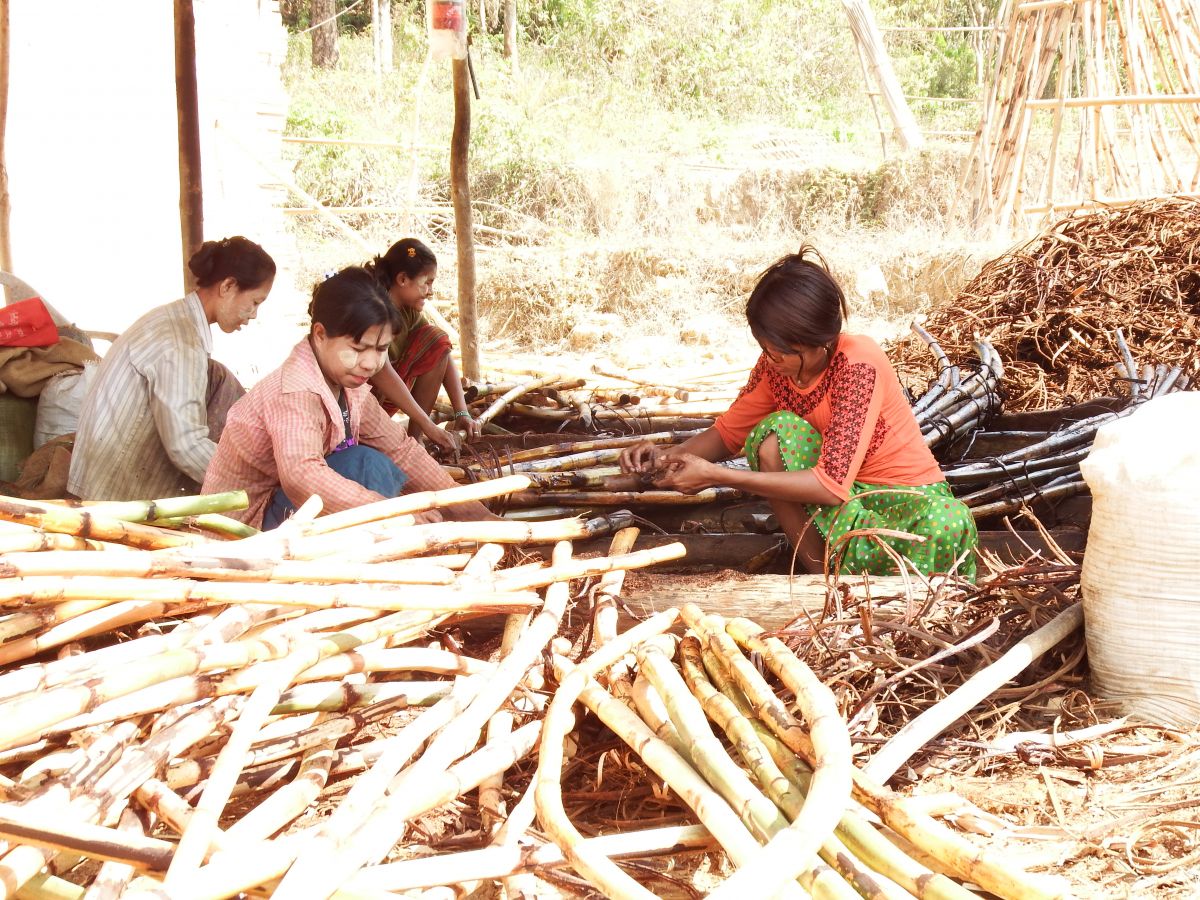In an era where Nigeria faces rising economic hardship, high youth unemployment, and escalating climate threats, our natural forests are increasingly viewed through a narrow lens as a source of revenue and fuel, rather than as irreplaceable ecological treasure.
Yet, the value of Nigeria’s forests extends far beyond timber. They are living libraries of biodiversity, pillars of ecological stability, and quiet engines of rural livelihoods.
Nigeria remains one of the countries with the highest deforestation rates globally.
A 2005 FAO report, as highlighted by Mongabay, revealed that the country had lost more than half of its primary forests within five years, a figure considered as the worst in the world at the time.
In recent years, data from Global Forest Watch shows that Nigeria continues to lose over 160,000 hectares of forest annually.
This persistent trend unfolds despite decades of warnings from scientists and conservationists about the long-term ecological and economic consequences of unchecked forest loss. Logging: both legal and illegalcombined with agricultural encroachment and weak enforcement of environmental laws, has stripped thousands of hectares of biologically rich forest land.
But the greatest loss may not be what we can measure in logs and land cover, but in species silently disappearing, local knowledge eroding, and opportunities for sustainable development slipping away.
Nigeria’s forests are home to a wide range of endemic plant species, many of which exist nowhere else on Earth. These plants are not only ecologically significant but culturally vital.
As a plant taxonomist and biosystematist, I’ve spent over a decade exploring and documenting species from forest reserves across Nigeria.
My fieldwork has revealed not only the beauty of these ecosystems, but also their fragility.Species are going extinct before they are even scientifically described. Many are poorly represented in herbarium collections and biodiversity databases, making conservation planning difficult.
Forest policy that focuses only on timber quotas and economic extraction misses the broader ecological canvas, the deep interdependence between flora, fauna, and the communities that have lived alongside them for generations.
Our current forest policy remains largely output-driven, how many cubic metres of timber can be extracted, and how much revenue it can generate.
But forests are more than timber plantations. They are complex biological networks, and every tree cut without ecological consideration increases the risk of collapsing systems, pollination, water purification, and carbon sequestration that sustain human life.
What is needed is a shift toward species-focused and habitat-sensitive forest governance. This includes prioritising rare and threatened plant species in conservation zones; strengthening preserved plant collections used for research, to inform policy and planning; integrating ethnobotanical knowledge into forest management; and adopting community-based monitoring that empowers locals as biodiversity stewards.
Forests do not need to be destroyed to create value. They can be managed sustainably to support rural economies through ecotourism and guided botanical tours, non-timber forest products (NTFPs) such as spices, herbs, nuts, oils, agroforestry systems that integrate conservation and agriculture, and green jobs in restoration, biodiversity research, and sustainable harvesting.
These alternatives require investment in education, training, and infrastructure, but they hold the promise of livelihoods that enrich rather than exhaust our natural heritage. With rising temperatures, erratic rainfall, and desertification threatening food and water security, forest conservation is no longer optional, it is national security. Healthy forests act as carbon sinks, flood barriers, and climate buffers.
A forest lost in Cross River or Omo Forest Reserve is not just a regional issue, it affects rainfall in Sokoto, agriculture in Benue, and air quality in Lagos. A biodiversity-led forest policy is therefore not a luxury; it is a strategic necessity in our response to climate change.
Nigeria stands at a crossroads. We can continue down the path of extraction and shortterm profit, or we can chart a new course, one that values forests as living systems, not just standing stock. This calls for: updating the National Forest Policy to integrate species-level conservation targets; strengthening partnerships between government, research institutions, and communities; expanding national biodiversity databases like those housed at the Forest Herbarium Ibadan (FHI); funding long-term ecological research and restoration programmes; and enforcing environmental laws with real consequences for illegal logging.
As a nation, we must go beyond timber to embrace the full ecological and social value of our forests. Because in protecting our forests, we are not just preserving trees, we are securing the future of our people, our environment, and our national prosperity.
* Oyebola, a plant taxonomist and environmental policy scholar, sends in from Lagos
*
Provided by SyndiGate Media Inc. (
Syndigate.info
).






